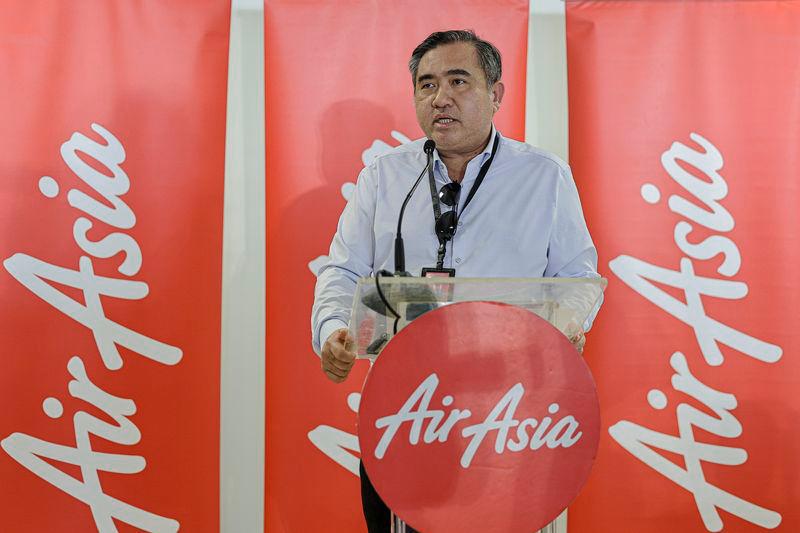SEPANG: The introduction of new cutting-edge ground support technology - Combo Units by AirAsia is expected to reduce carbon dioxide (CO2) emissions by an estimated 20,000 tonnes per year, said Transport Minister Anthony Loke Siew Fook.
He praised AirAsia for being the first airline company in Malaysia to adopt the innovative Combo Units technology which is Ground Power Unit (GPU) and an Air Condition Unit (ACU).
The utilisation of the Combo Units would not only reduce 90 per cent of CO2 per transit but helps the airline reduce over 40 per cent in costs.
“With the deployment of AirAsia’s first four Combo Units this month, the airline is expected to save over 3,000 tonnes of CO2 per year.
“I understand that AirAsia plans to deploy another 20 units nationwide at Kuala Lumpur International Airport Terminal 2 and all major domestic hubs by the end of 2025,” he said when delivering his speech at the launch of AirAsia Combo Unit here today.
Loke said upon full implementation, AirAsia is expected to reduce its ground-based emissions by 20,000 tonnes of CO2 a year.
He said this initiatives by AirAsia also improves air quality around the aircraft, creating a more pleasant work environment for ground technicians and ramp personnel.
“Today, we witnessed a demonstration of powering a parked aircraft using a Ground Power Unit at the airport, instead of burning jet fuel to keep the lights and air conditioning on.
“As a result, airlines can reduce fuel consumption, cut emissions, and improve cost efficiency,” he said.
Loke said AirAsia is reinforcing its position as a leader in driving sustainability in the aviation sector while also meeting national and international decarbonisation obligations including the Carbon Offsetting and Reduction Scheme for International Aviation or CORSIA.
“Malaysia is deeply committed to achieving sustainable growth in aviation, and this commitment is embodied in the Malaysia Aviation Decarbonisation Blueprint (MADB).
“This comprehensive strategy provides a clear pathway for the sector to achieve net-zero carbon emissions by 2050, ensuring that Malaysia’s aviation sector can continue to grow sustainably while reducing its environmental impact,” he said.









